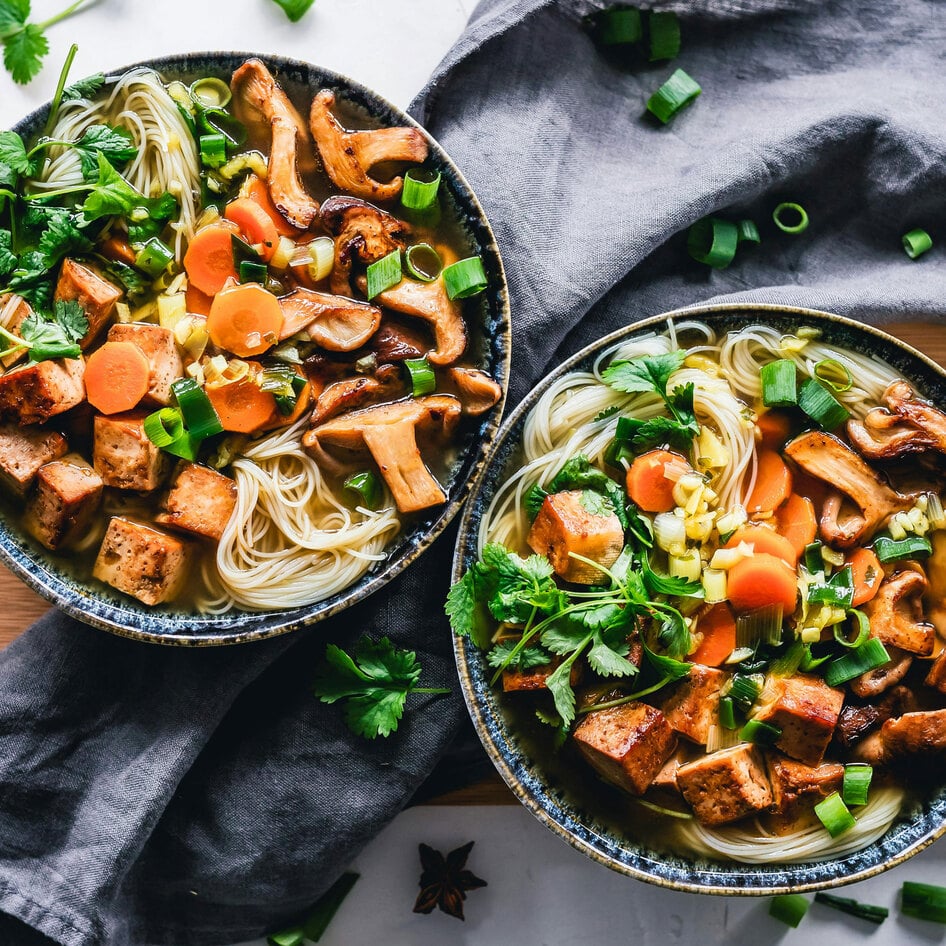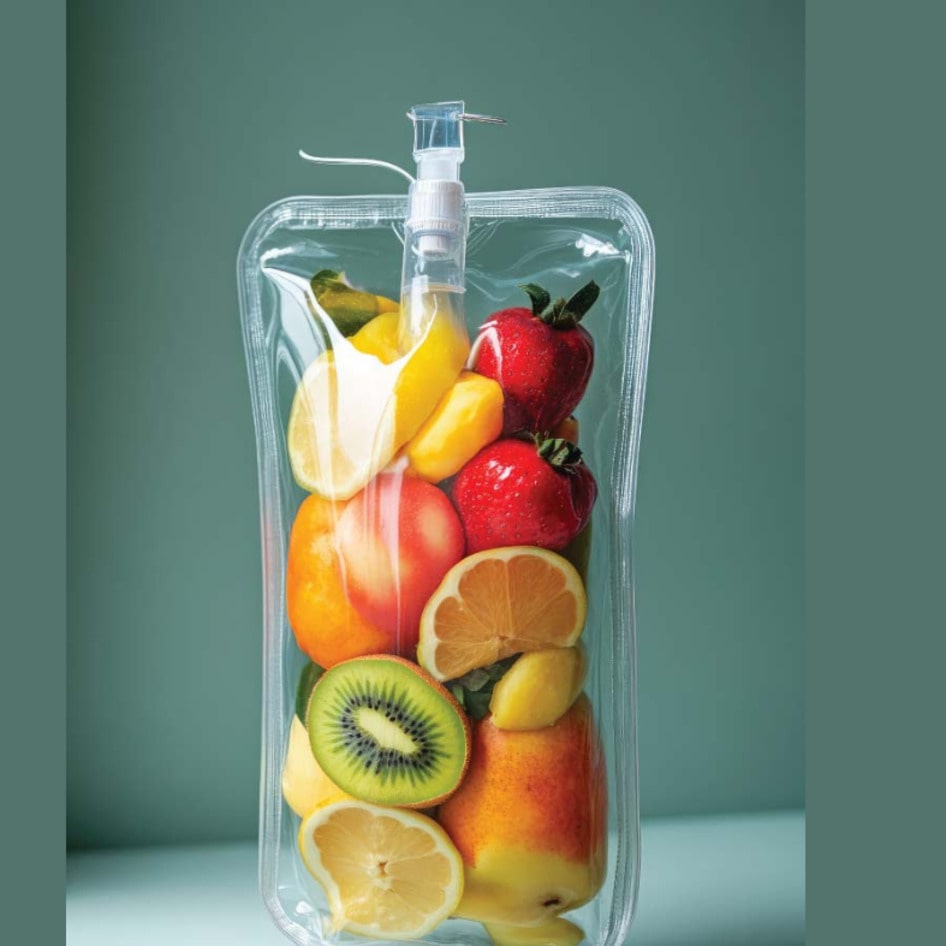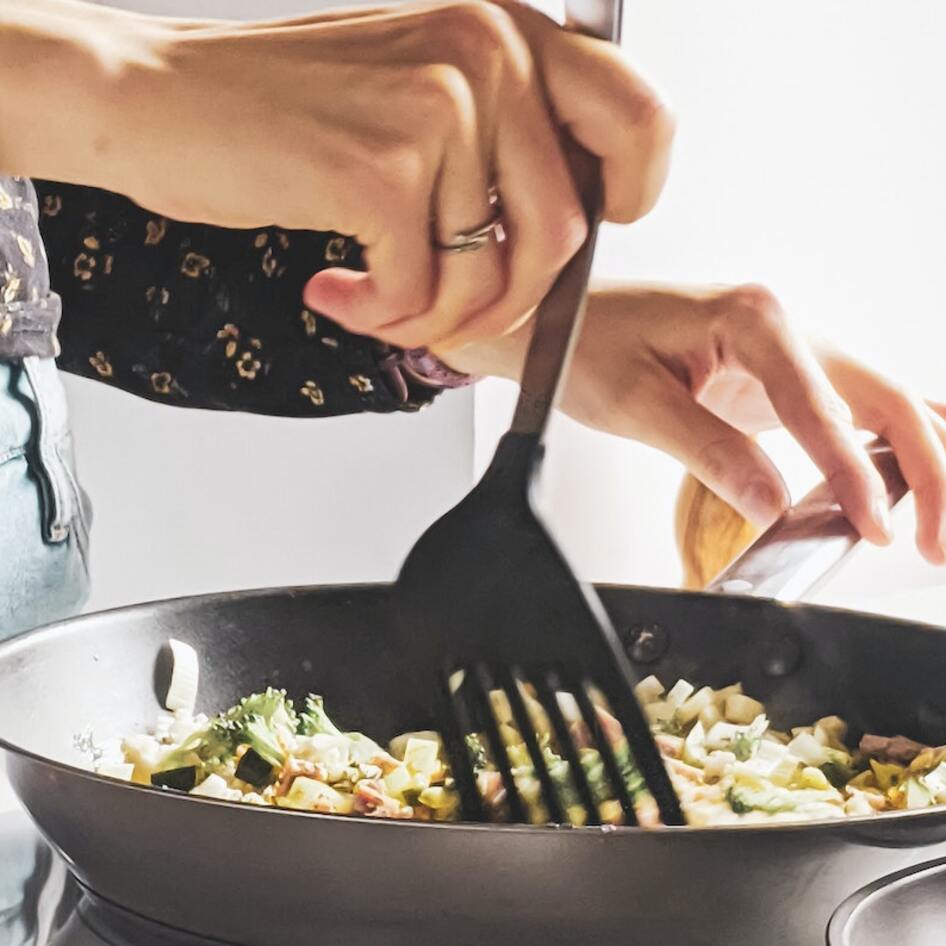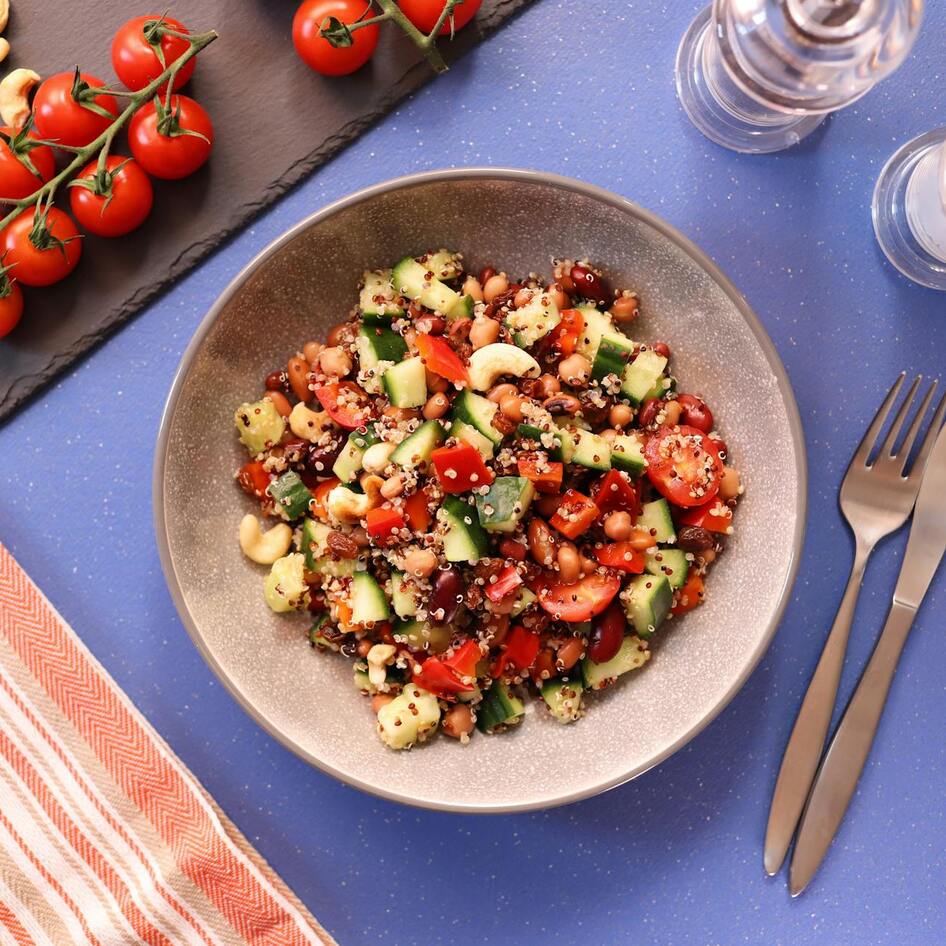It wasn’t until 1961 that scientists officially recognized zinc as an essential nutrient, but the tiny, multitasking mineral has been helping the human race survive for thousands of years. It helps with everything from immune system support to wound healing to brain function, and it can even help build DNA.
Despite its crucial role, zinc isn’t made by our bodies, so we must get it through our diet. But the good news is that this essential mineral is available in an abundance of foods, including plant-based ingredients. Keep reading to find out more about getting all the zinc you need in your diet.
What does zinc do for the body?
Like iron, another essential mineral, zinc is present in all of our cells, which means it has many different jobs. It helps us taste and smell, synthesizes DNA, helps heal skin damage, and keeps our immune cells functioning, on top of many other processes.
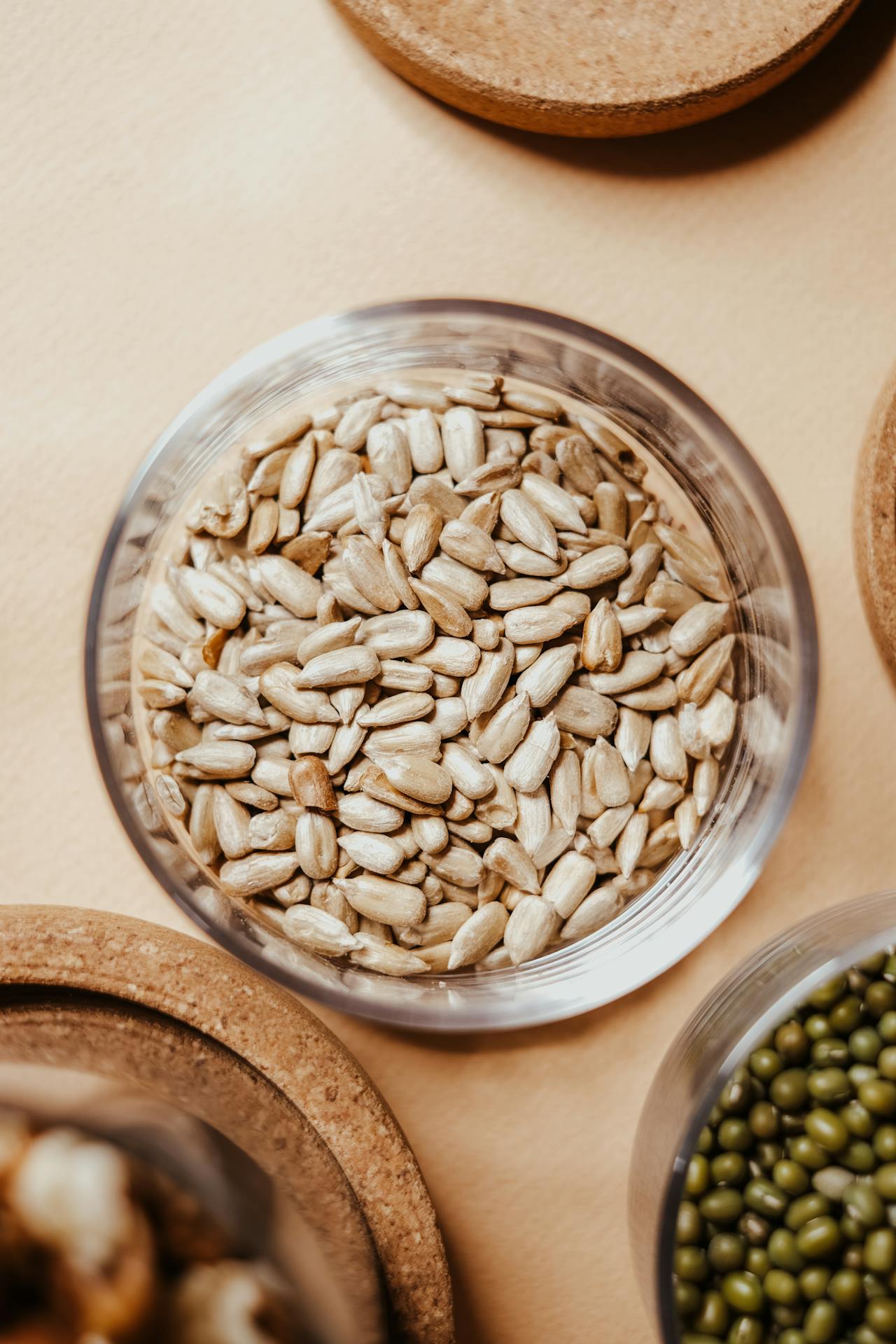 Pexels
Pexels
Some research even suggests that supplementing with zinc might help to reduce the length of time you have a common cold. In 2017, one study published in the journal JRSM Open found that zinc lozenges, in particular, might help to reduce the length of a cold by 33 percent.
Zinc can also help to reduce levels of chronic inflammation in the body, which, over time, can increase the risk of diseases, including heart disease and cancer.
What are zinc deficiency symptoms?
Research suggests that more than two billion humans around the world are zinc deficient, which is around 40 percent of the global population. Most people with zinc deficiency live in low- and middle-income countries. Across the continent of Africa, around 24 percent of people are at risk of zinc deficiency because of malnutrition. People with Crohn’s disease, sickle cell anemia, and anorexia are among those who are at a higher risk of zinc deficiency.
According to Leah Tsui, RDN, a registered dietitian nutritionist at Ciba Health and owner of Limitless Nutrition, female adults should aim for eight milligrams of zinc per day, while male adults should aim for 11 milligrams. Consistently falling below this target could put you at risk of deficiency.
“Since zinc is needed for many enzymatic reactions in the body, there are a plethora of symptoms when it comes to zinc deficiency,” Tsui explains. “These can include anemia, anorexia, arthritis, decreased ability to taste, decreased sense of smell, decreased sexual function, eczema, fatigue, hair loss, immune deficiencies, impaired wound healing, infertility, low sperm count, nerve damage, night blindness, poor appetite, and sleep disturbances.”
It’s important to note that these symptoms can also be caused by many different health conditions. If you are concerned about your health or zinc deficiency, speak with your healthcare provider who can advise on the best course of action for you.
Which foods are rich in zinc?
Animal foods, like shellfish, lamb, pork, chicken, eggs, and salmon, are rich in zinc, but plant foods can also give you high amounts of the essential mineral. Tsui advises that some of the best plant-based sources of zinc include tofu, lentils, beans, nuts, garlic, raw tomatoes, cauliflower, and seeds such as roasted hemp seeds and pumpkin seeds.
“In general, animal products are much richer in sources of zinc, so for folks following a vegan or vegetarian diet, extra care should be emphasized on either fortified foods or a high concentration of zinc-rich foods,” she explained.
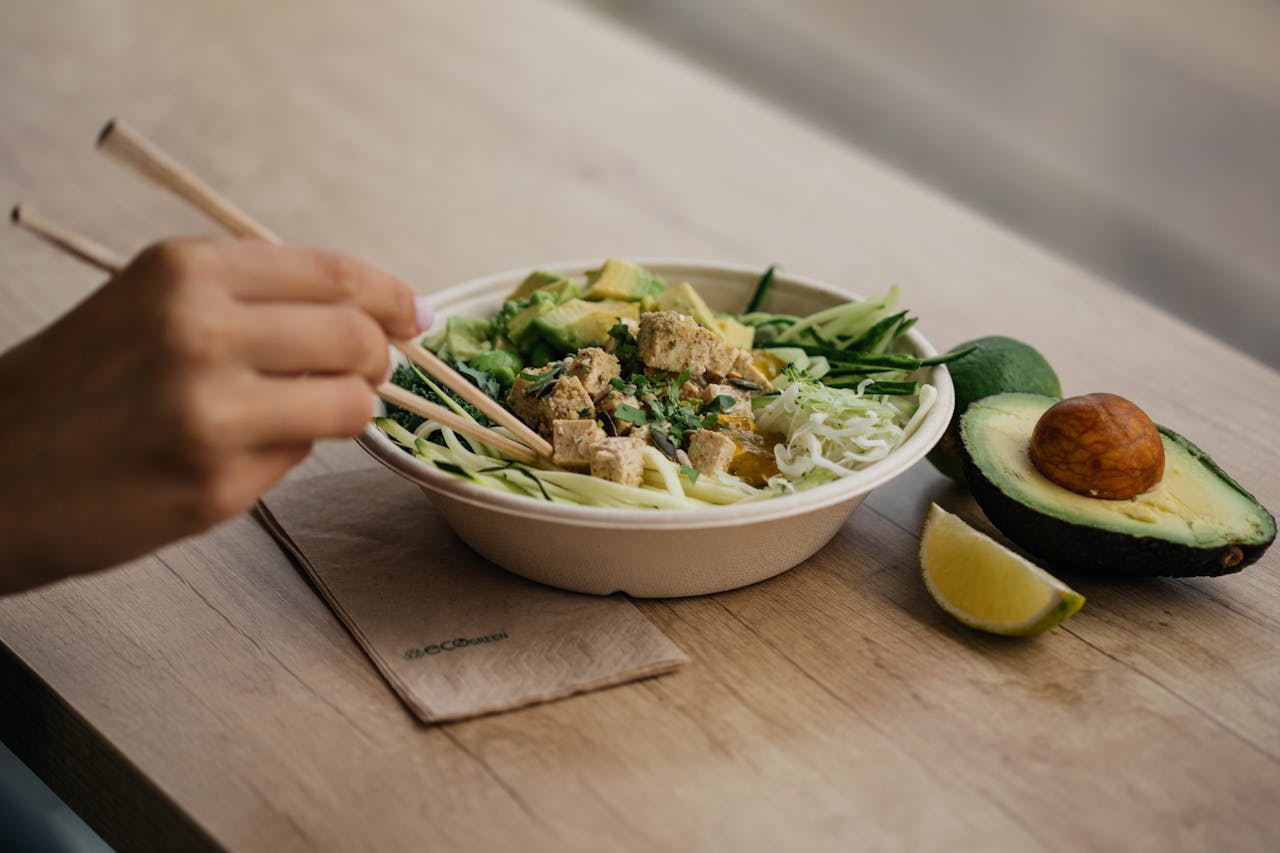 Pexels
Pexels
BECOME A VEGNEWS VIP: Get exclusive product deals, freebies, and perks galore!
To get the most zinc, it’s important to consider how you’re preparing plant-based foods, says Tsui. Pre-soaking ingredients like legumes and grains can help to increase absorption because it helps to break down a natural compound called phytic acid, which can bind to zinc and decrease bioavailability.
Soaking and fermenting also help our bodies to digest food more easily, which increases nutrient absorption. “Before you think that you have to do all of this by hand, look for the convenient options from the grocery store or farmers’ markets that are already done for you,” notes Tsui.
It’s also important to consider what else you’re eating, she says, as some foods and drinks can inhibit zinc absorption. Caffeinated drinks, like coffee and tea, and foods rich in oxalic acid, like spinach and sweet potatoes, should be consumed separately from zinc-rich foods to ensure optimal absorption.
Overall, if you’re following a balanced, varied plant-based diet, you should be getting all the zinc you need. But if you’re concerned about your intake, discussing your diet with a healthcare professional will help you identify whether supplementation is necessary.
For more plant-based stories like this, read:
JUMP TO ... Latest News | Recipes | Guides | Health | Subscribe




